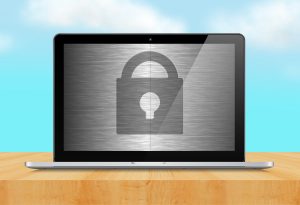As part of Cho ose Privacy Week, we thought we’d look at securing your web history. In March, Congress agreed to roll back consumer protections that kept internet service providers (ISPs) from selling your search history.
ose Privacy Week, we thought we’d look at securing your web history. In March, Congress agreed to roll back consumer protections that kept internet service providers (ISPs) from selling your search history.
Since then, there have been many articles posted that give us (the consumers) advice about what we should – or shouldn’t do – in response to this change. Below are a couple articles that describe several different things you can do if you are concerned.
As Congress Repeals Internet Privacy Rules, Putting Your Options In Perspective – NPR interview with Jules Polonetsky of Future of Privacy Forum
Here’s How to Protect Your Privacy from Your Internet Service Provider – Electronic Frontier Foundation
Here in the library the right to privacy for our patrons is very important to us. The publicly accessible computers in the library are configured to reduce the possibility of tracking user browsing habits. We set our browsers to delete all browsing history upon exit, so every time the browser is restarted it has no cookies or cache items, making it look like a brand new browser.
However, as you probably know, browser configuration is only a part of the issue – ISP behavior also plays a major role in personal data security. The Johns Hopkins network configuration makes most personalized browsing data appear to the ISP as an aggregated lot, making data mining activity to tie it to particular users virtually useless. All these measures make your data and private information safer when you are using Johns Hopkins computers for web access.
Because the network setup affects all computers, using your personal computer on Hopkins network, and using Hopkins VPN, also makes your browsing sessions more secure from unwanted tracking by advertisers and data miners.
